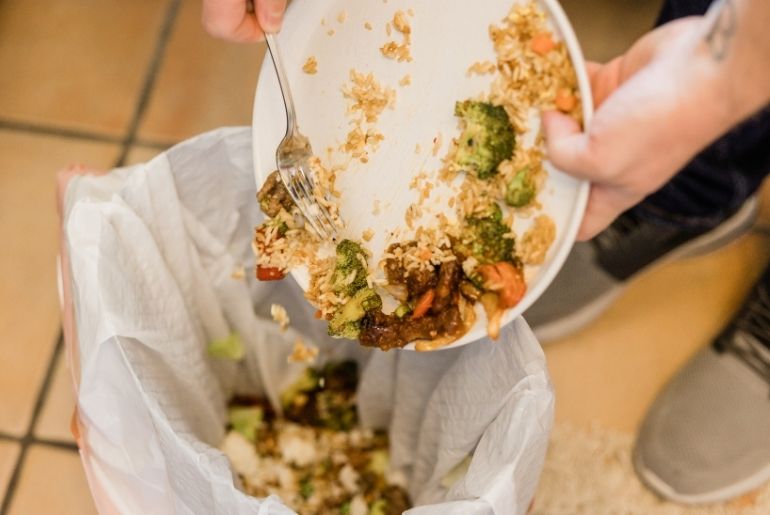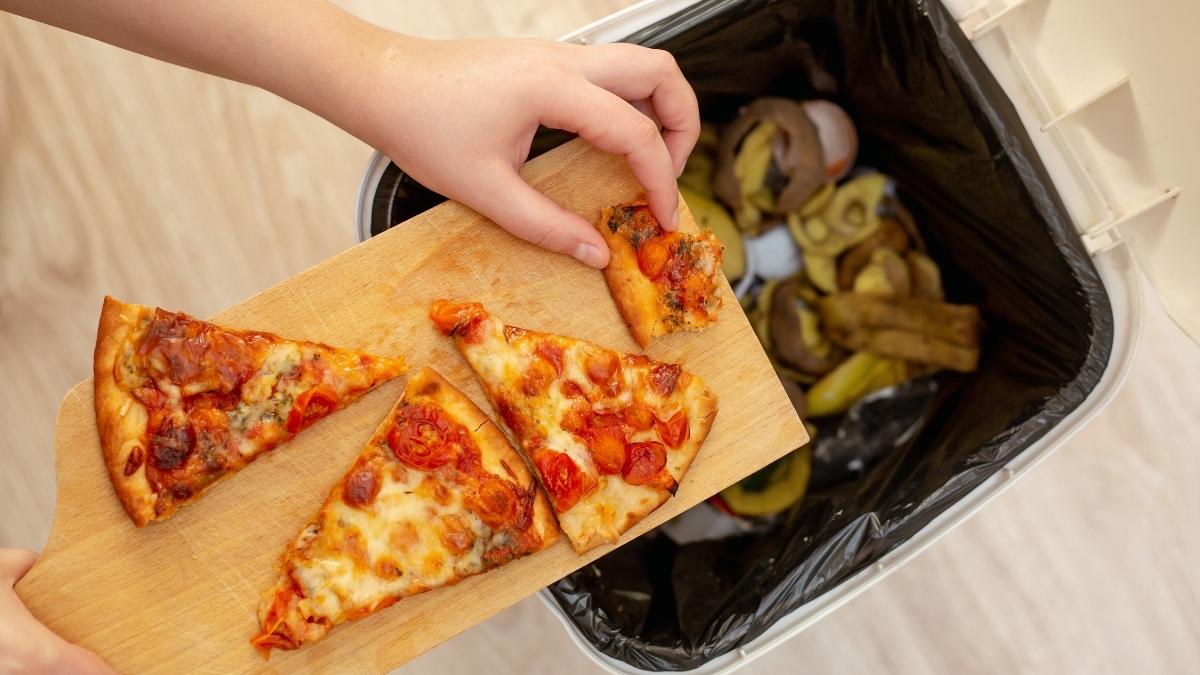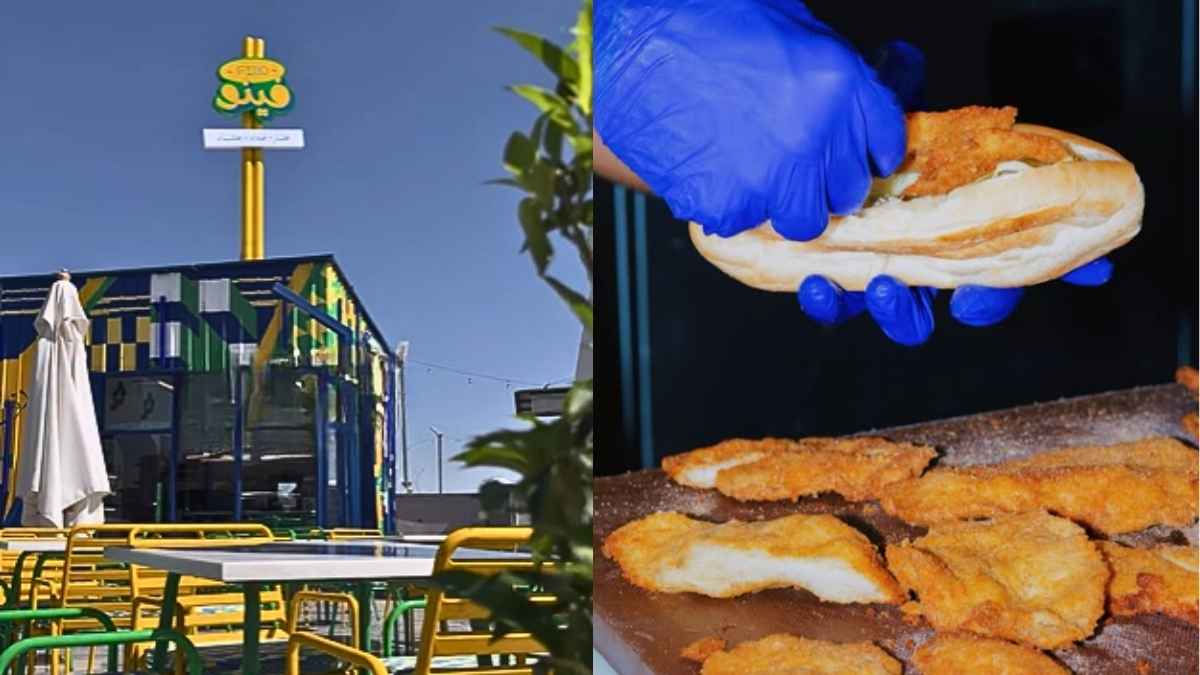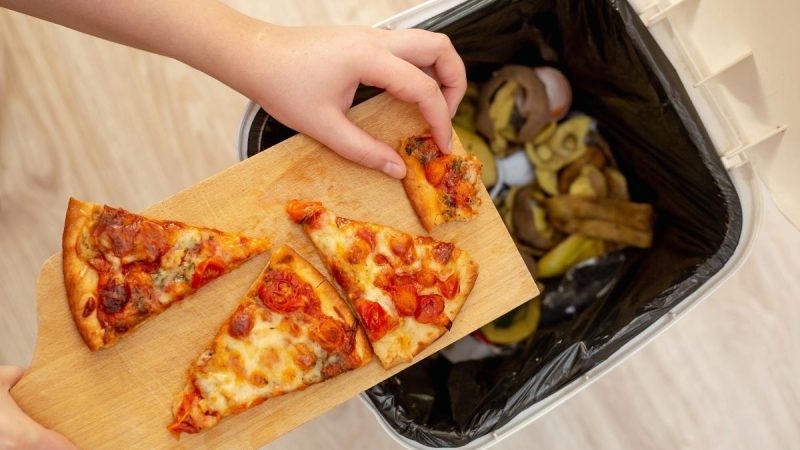Abu Dhabi’s Agriculture and Food Safety Authority (ADAFSA) has raised the alarm over rising food waste in the UAE, urging residents, retailers, and producers to change their everyday habits to help protect the nation’s food supply. Officials pointed out that the biggest chunk of waste doesn’t actually happen in homes, but much earlier, between harvesting and retail shelves, long before food even makes it to our plates.
ADAFSA Calls On UAE Residents To Combat Growing Food Waste Crisis

The world is throwing away food worth about $1 trillion every year, even while nearly a billion people struggle with hunger. Just imagine, if we managed to cut food waste by only 25%, we could feed 870 million people.
Here in the UAE, where most of what we eat is brought in from abroad, the impact of waste feels even bigger. It’s not just a dent in our household budgets, it also slows down the country’s push toward long-term sustainability.
Local Authority Pushes Campaign Against Food Waste In UAE For Better Security
Through a recent digital education event, ADAFSA defined food waste as consumable items getting spoiled, discarded, or tossed despite remaining edible. The organisation identified three primary waste impacts: economic losses, ecological damage, and increased climate change. When food rots, it actually burps out methane gas, which is way worse for our planet than the carbon dioxide we always hear about. And here’s what really gets you when you think about it: ADAFSA pointed out that when we throw away that slice, we’re also throwing away all the water the farmer used to grow the wheat, the patch of earth where it grew, the electricity that kept it cold in the store, and honestly, all the sweat and effort from every person who had a hand in getting it to your table in the first place.
Within regions where water conservation remains critical, these effects carry additional weight.
Simple Daily Actions For Waste Reduction
Officials recommended practical household strategies for minimising waste:
Plan before you shop – You know how you always end up buying way too much when you’re starving? Yeah, don’t do that. Write down what you actually need, eat something before heading out, and be honest about how much your family really eats.
Shop smart, not impulsive – Go for local stuff when you can find it, actually flip those packages over to check when they expire (instead of just grabbing whatever’s closest).
Store it right – Keep your house comfortable around 20°C, your fridge nice and cold under 5°C, and don’t let your freezer get warmer than -18°C. And please, stop cramming everything together. Always use the oldest things first, even if the new stuff looks more appealing.
The little things matter too. Cook what you’ll actually finish, turn tonight’s leftovers into tomorrow’s lunch, and maybe don’t pile everyone’s plates so high at dinner parties that half of it comes back untouched.
Surplus food may be contributed through established organisations like Emirates Red Crescent or converted into fertiliser or livestock feed.
Regulatory Framework And Public Education Efforts
Beyond household behaviours, ADAFSA maintains crucial oversight of agricultural sectors. The agency has introduced comprehensive standards for secure farming methods, targeting loss prevention during harvesting, transportation, and retail phases. Officials also released a Food Waste Prevention Manual for the Restaurant Industries, supporting the UAE’s broader food security objectives.
Additionally, ADAFSA operates continuous public education initiatives teaching families about safe purchasing behaviours, appropriate storage methods, and meal preparation planning. Educational workshops target farmers, restaurant operators, and logistics personnel to enhance productivity and minimise losses throughout the entire supply networks.
Community-Wide Commitment Required
Given food waste’s global costs extending beyond finances, affecting natural resources, climate stability, and worldwide hunger, ADAFSA urges both commercial enterprises and private citizens toward action. From agricultural facilities to residential kitchens, every supply chain segment holds importance.
Throughout the UAE, where cultural traditions emphasise generous hospitality, reducing waste doesn’t require compromising social customs, just thoughtful consideration. Serving appropriate portions, contributing excess to needy families, and maintaining proper food storage represent manageable changes creating substantial collective benefits.
According to ADAFSA representatives, ensuring food security demands community participation, beginning with individual dining choices.
Cover Image Courtesy: CanvaPro/SimonKadula
For more such snackable content, interesting discoveries and the latest updates on food, travel and experiences in your city, download the Curly Tales App. Download HERE.
First Published: August 17, 2025 12:26 PM





